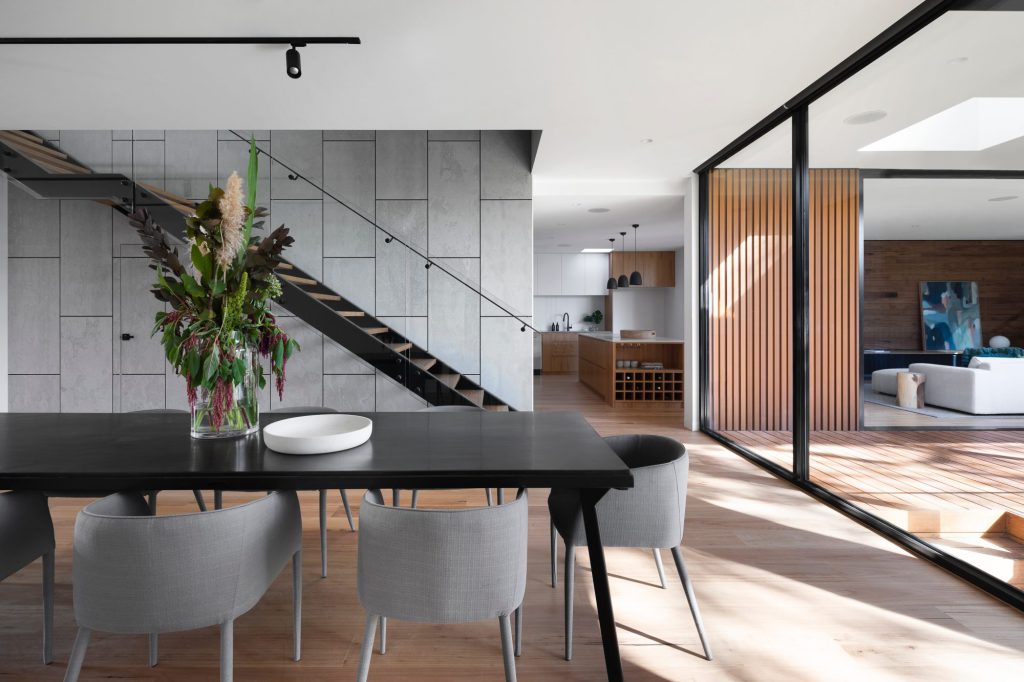
The landscape of residential developments is undergoing a significant transformation, driven by innovative trends and technologies that are reshaping the way we conceive, design and inhabit homes.
From sustainable construction practices to smart home automation, the future of residential living is evolving to meet the changing needs and preferences of homeowners.
Notable trends and technologies are driving this evolution, revealing exciting possibilities.
Sustainable construction practices
One of the most prominent trends in residential development is the emphasis on sustainable construction practices. With growing awareness of environmental issues and the need to reduce carbon footprints, developers are increasingly incorporating eco-friendly materials and construction techniques into their projects.
From energy-efficient building designs to the use of recycled materials, sustainability has become a cornerstone of modern residential developments. Technologies such as solar panels, rainwater harvesting systems and green roofs are also being integrated to further enhance energy efficiency and minimise environmental impact.
Smart home automation
The concept of smart homes is no longer confined to science fiction; it is rapidly becoming a reality in residential living. Smart home automation technologies enable homeowners to control various aspects of their homes remotely, enhancing convenience, comfort and security.
From automated lighting and climate control systems to smart appliances and security cameras, these technologies offer unprecedented levels of connectivity and control.
Voice-activated assistants, such as Amazon Alexa and Google Assistant, are becoming increasingly popular, allowing homeowners to interact with their homes using simple voice commands.
Flexible living spaces
Another key trend is the rise of flexible living spaces that can adapt to changing needs and lifestyles.
With the growing popularity of remote work and flexible schedules, homeowners are seeking versatile spaces that can serve multiple functions. Open-plan layouts, movable walls and modular furniture are all examples of design elements that enable greater flexibility and customisation.
Multipurpose rooms that can be easily transformed from home offices to guest bedrooms or entertainment areas are becoming increasingly common, reflecting the desire for adaptable living spaces.
Wellness-focused design
The concept of wellness is gaining prominence in residential design, with developers including features that promote physical and mental well-being. From biophilic design elements that bring nature indoors to spaces specifically designed for relaxation and meditation, wellness-focused design aims to create environments that support holistic health and happiness.
Features such as ample natural light, indoor air quality monitoring systems and soundproofing techniques contribute to creating healthier and more comfortable living spaces.
Sustainable transportation solutions
As well as sustainable building practices, developers are also focusing on sustainable transportation solutions to reduce reliance on cars and promote alternative modes of travel.
Residential developments are increasingly incorporating amenities such as bike storage facilities, electric vehicle charging stations and even car-sharing programmes to encourage residents to adopt greener commuting habits.
Proximity to public transportation hubs and pedestrian-friendly infrastructure are also key considerations in the design of new residential projects, making it easier for residents to get around without the need for a car.
To sum up
The future of residential living is characterised by innovation, sustainability and a focus on enhancing quality of life. From sustainable construction practices to smart home automation and flexible living spaces, developers are embracing a range of trends and technologies to create homes that are more efficient, comfortable and enjoyable to live in.
As these trends continue to evolve, expect to see even greater emphasis on sustainability, wellness and connectivity in developments, shaping the way we live for years to come.

Dean Williamson MRICS